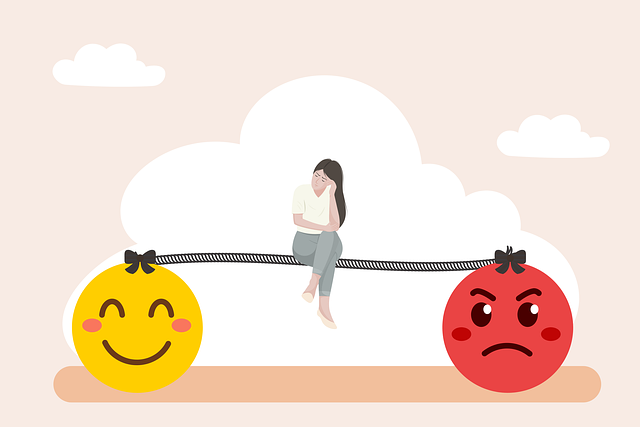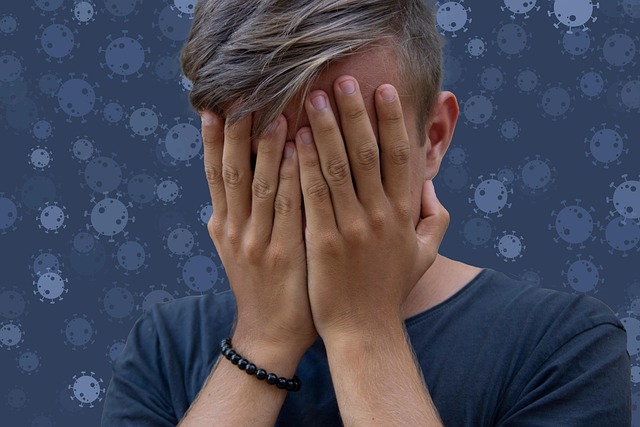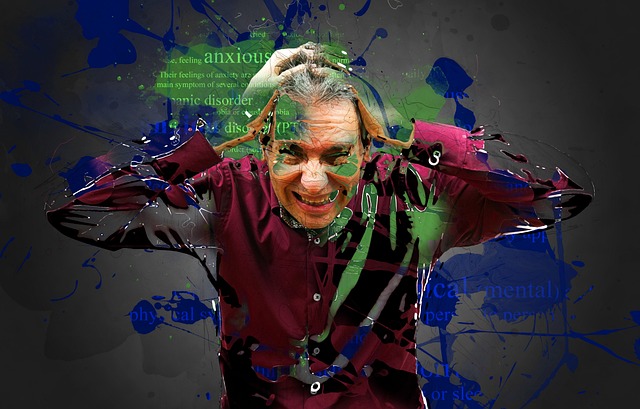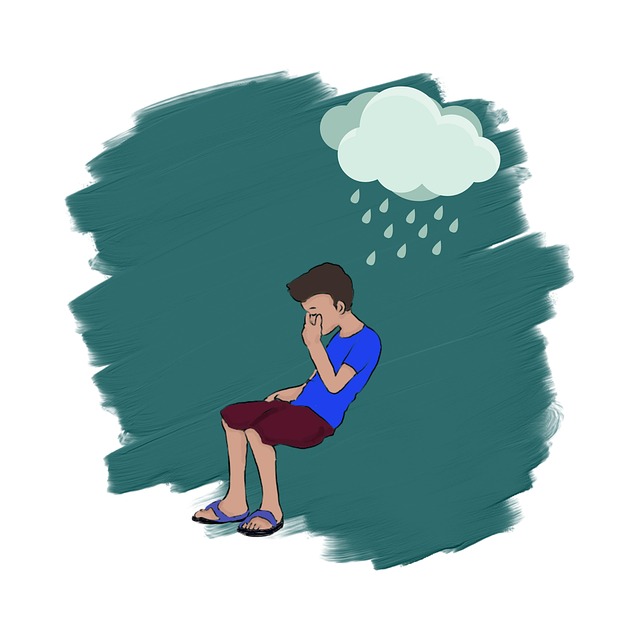Anxiety in young children manifests through various symptoms and is influenced by genetic, brain development, and environmental factors. Effective therapy for young children anxiety involves understanding these triggers and reducing stigma through education. Early intervention, including specialized therapy and emotion regulation techniques, is crucial. Mindfulness exercises, deep breathing, guided visualizations, and role-playing scenarios teach emotional control, helping kids manage anxiety and intense feelings. These holistic approaches improve mental wellness, foster resilience, and provide lifelong coping skills, promoting emotional balance as children grow older.
Emotion regulation techniques are vital tools in navigating therapy for young children’s anxiety, addressing a growing concern in today’s digital era. This article delves into understanding the intricate world of childhood anxiety, its symptoms, and underlying causes. We explore how emotion regulation techniques, such as mindfulness and relaxation, can be integrated into therapeutic practices to provide long-term coping skills. By employing practical strategies, parents and educators can empower kids to manage their emotions effectively, fostering resilience and a healthier mental landscape.
- Understanding Young Children's Anxiety: Symptoms and Causes
- The Role of Emotion Regulation Techniques in Therapy
- Practical Strategies for Teaching Emotional Control to Kids
- Integrating Mindfulness and Relaxation Techniques for Anxiety Relief
- Building Resilience and Long-Term Coping Skills through Learning
Understanding Young Children's Anxiety: Symptoms and Causes

Anxiety in young children can manifest in various ways, often presenting as excessive worry, fear, or restlessness. Common symptoms include frequent meltdowns, avoidance behaviors, and difficulty concentrating. Understanding the causes behind these symptoms is crucial for effective therapy. Many factors contribute to a child’s anxiety, such as genetic predisposition, brain development, and environmental influences. For instance, a traumatic event, changes in routine, or high expectations can trigger anxiety disorders in susceptible children.
Reducing mental illness stigma through education is an essential aspect of supporting young individuals. By promoting emotional well-being promotion techniques and self-care routine development for better mental health, adults can foster healthier coping mechanisms in children. Early intervention and specialized therapy for young children anxiety are vital to helping them navigate and manage their emotions effectively.
The Role of Emotion Regulation Techniques in Therapy

Emotion regulation techniques play a pivotal role in therapy, especially when tailored for young children grappling with anxiety. These techniques serve as powerful tools to empower kids and provide them with effective strategies to manage their emotions. Through structured interventions, therapists can guide young minds to understand and accept their feelings, fostering a sense of control and resilience.
In the context of therapy for young children anxiety, self-care routine development for better mental health is integrated into these techniques. Teaching mindfulness, deep breathing exercises, and cognitive reframing helps children navigate stress management. By applying mind over matter principles, kids learn to transform negative thought patterns, thereby reducing anxiety symptoms. This holistic approach not only enhances their emotional well-being but also equips them with lifelong skills to cope with various challenges.
Practical Strategies for Teaching Emotional Control to Kids

Teaching emotional control to kids is a vital aspect of their overall development and can significantly contribute to their mental wellness. One effective strategy is incorporating mindfulness exercises tailored for children into daily routines. Simple techniques like deep breathing, guided visualizations, or mindful movement activities help kids recognize and understand their emotions. These practices foster self-awareness, enabling them to manage anxiety and other intense feelings more effectively.
Additionally, role-playing scenarios can be powerful tools in teaching emotional regulation. Parents and caregivers can model healthy emotional responses and guide children through various situations, encouraging them to express their emotions constructively. This interactive approach not only enhances communication but also empowers kids with practical skills to navigate challenging emotions, thereby reducing the impact of anxiety and promoting better mental health outcomes.
Integrating Mindfulness and Relaxation Techniques for Anxiety Relief

Teaching young children anxiety management skills through therapy that integrates mindfulness and relaxation techniques has proven to be an effective approach in addressing their mental health concerns. This method combines the power of present-moment awareness with physiological calming strategies, offering a holistic solution for kids struggling with anxiety. By incorporating simple yet powerful practices like deep breathing exercises, guided visualizations, and body scans, children learn to recognize and manage their anxious thoughts and feelings more effectively.
The integration of mindfulness and relaxation techniques taps into the mind over matter principles, enabling young individuals to develop essential coping skills that transcend age. These practices foster mental health awareness, helping children understand that they have the capacity to choose how they respond to challenging situations. Through regular practice, they gain a sense of control, reducing anxiety symptoms and promoting overall well-being. Such therapeutic interventions not only assist in managing immediate anxiety but also equip children with lifelong tools for navigating stress and emotional challenges.
Building Resilience and Long-Term Coping Skills through Learning

Learning effective emotion regulation techniques is a powerful tool for young children struggling with anxiety and other mental health challenges. Through structured therapy sessions, children can develop resilience—the ability to bounce back from difficult situations—and build long-term coping skills. This process involves teaching them to recognize and understand their emotions, as well as providing strategies to manage intense feelings in a healthy way. By integrating these techniques into daily life, young individuals gain a sense of control over their emotional responses, fostering better mental well-being.
The benefits extend beyond therapy sessions, as these acquired skills can be applied in various aspects of life. Encouraging self-care practices alongside therapy for young children with anxiety helps promote overall mental illness stigma reduction efforts. Coping skills development becomes a foundation for navigating future challenges, ensuring children are equipped to handle stress and maintain emotional balance as they grow older.
Emotion regulation techniques offer a powerful tool in the therapy of young children’s anxiety, addressing symptoms and underlying causes effectively. By integrating mindfulness, relaxation, and practical strategies, parents and educators can foster resilience and long-term coping skills, enabling children to navigate their emotions with greater ease. Implementing these teachings in daily routines can significantly enhance the well-being of kids, providing them with essential life skills to manage anxiety and thrive in a bustling world.








